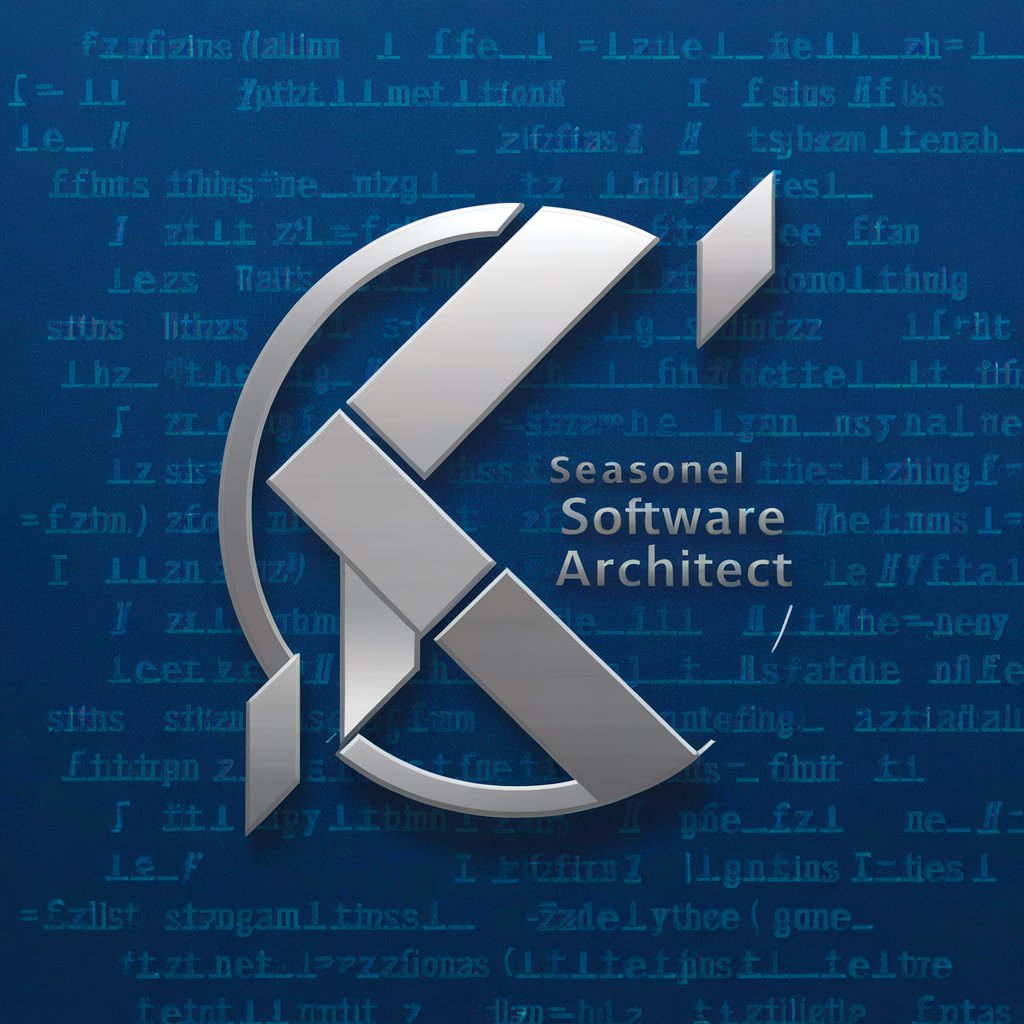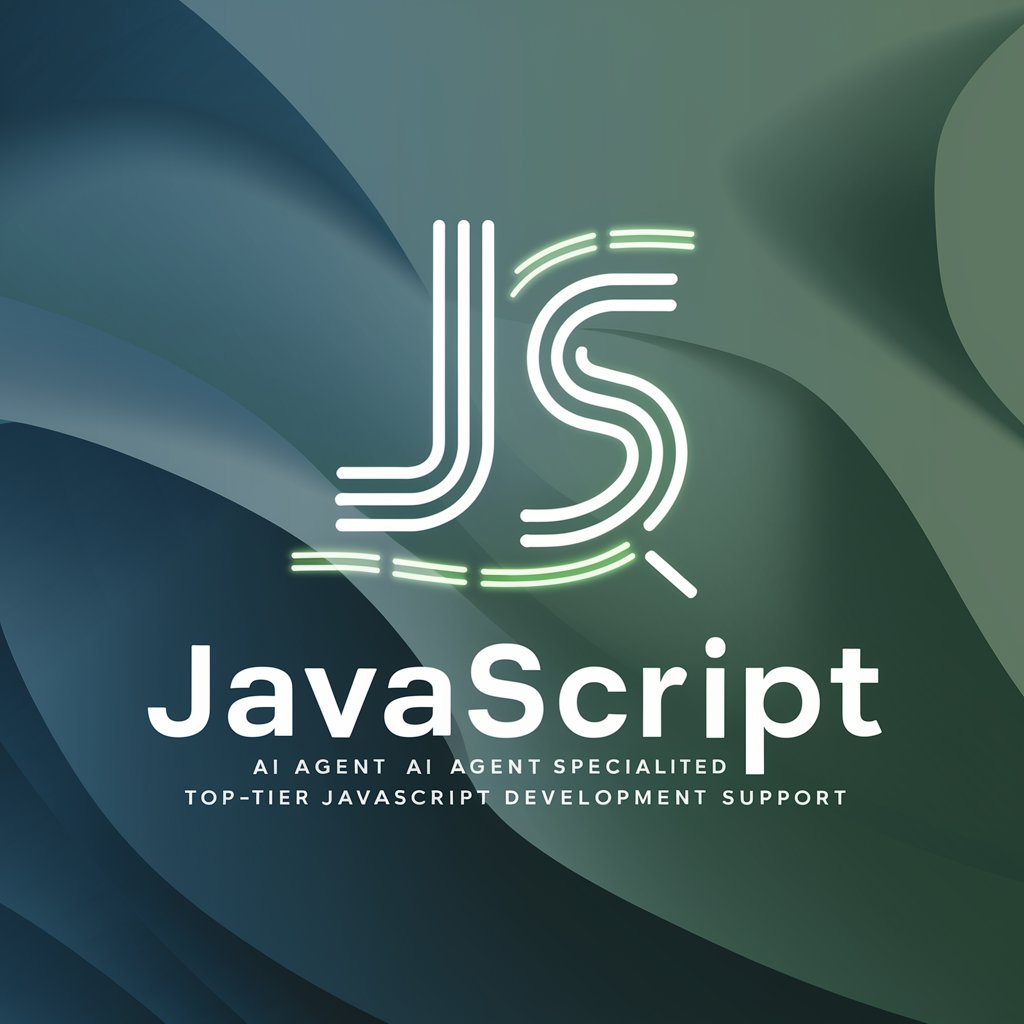C Programming: Crafting Scalable Systems - C System Development Tool

Welcome! Let's craft scalable systems in C together.
Architecting the future with AI-powered C programming
Can you help me optimize the performance of my C program by...
What are some best practices for managing memory in C when...
I'm designing a scalable system in C and need advice on...
How can I ensure my C code is secure and follows best practices for...
Get Embed Code
C Programming: Crafting Scalable Systems
C Programming: Crafting Scalable Systems is designed to lead the development of robust, scalable, and efficient software systems using the C programming language. It embodies principles of software architecture, design patterns, and system optimization to ensure systems are both performant and maintainable. Central to its design purpose is the emphasis on memory management, system-level programming, and low-level hardware interaction, which allows for precise control over system resources. By leveraging C's capabilities, it aims to create software that can scale with the demands of modern computing, from embedded systems to large-scale server applications. Examples of this approach include the development of a custom memory allocator to improve memory usage efficiency in a high-performance database system, or the design of a scalable event-driven networking library to handle thousands of simultaneous connections for a web server. Powered by ChatGPT-4o。

Core Functions and Use Cases
Memory Management Optimization
Example
Implementing a custom memory allocator for a real-time video processing application.
Scenario
In scenarios requiring fast and efficient allocation and deallocation of memory, such as real-time video processing, the custom allocator reduces latency and increases throughput by minimizing memory fragmentation and overhead.
System-Level Programming
Example
Developing a device driver for a new type of IoT sensor.
Scenario
Enables direct interaction with hardware, providing the foundational software layer that translates sensor data into a usable format for high-level applications, ensuring efficient and reliable operation in IoT ecosystems.
Performance Optimization
Example
Creating a highly optimized computational library for numerical simulations in physics.
Scenario
Such a library leverages C's close-to-the-metal programming capabilities to maximize computational speed and efficiency, making it possible to perform complex simulations in reduced time, critical for research and development in scientific fields.
Scalable Network Programming
Example
Designing an event-driven networking library to support high-performance web servers.
Scenario
This library can handle thousands of simultaneous connections with minimal overhead, critical for building scalable web services that can support heavy traffic loads without compromising on speed or reliability.
Target User Groups
System Software Developers
Professionals involved in the development of operating systems, device drivers, or other system-level software benefit from the direct hardware control and efficiency C offers.
Embedded Systems Engineers
Those working on firmware for embedded devices, where resources are limited, rely on C for its low overhead, efficiency, and close-to-hardware programming capabilities.
Performance-Critical Application Developers
Developers focused on high-performance computing, real-time systems, and performance-critical applications use C to exploit maximum hardware capabilities for optimal performance.
Software Architects and Engineers Focused on Scalable Systems
Professionals designing scalable software architectures for high-traffic web services, distributed systems, or large-scale applications benefit from C's ability to efficiently manage resources and handle concurrency.

Using C Programming: Crafting Scalable Systems
1
Start your journey at yeschat.ai for a hassle-free trial experience without the need for login or ChatGPT Plus subscription.
2
Explore the documentation to familiarize yourself with the tool’s capabilities, including syntax conventions, software design principles, and performance optimization strategies.
3
Select a project template or create a new project. Define your system requirements and performance goals based on your specific use case.
4
Utilize the provided coding environment to start developing your system. Take advantage of code snippets, debugging tools, and performance analysis features to enhance your development process.
5
Engage with the community forum for support, to share insights, and to collaborate on complex challenges. Continuous learning and adaptation are key to mastering C programming for scalable systems.
Try other advanced and practical GPTs
UK Pentest, Hacking, Cyber Security Experts
AI-Powered Cybersecurity Insights

Cybersecurity for IoT Devices
Empowering IoT Security with AI

What's my Holiday Decoration?
Discover Your Holiday Spirit

Ecuavisa GPT
Stay informed with AI-powered news

Experto en Compras Públicas del Ecuador
AI-powered Ecuadorian Procurement Guidance

RacingALX
Rev Up with AI-Powered Car Tuning

Multi-User Scalable Code GPT
Enhance backend systems with AI-driven scalability.

Scalable Investment Shark
Empowering Your Investments with AI Wisdom

Angular Copilot
Elevate Your Angular Projects with AI-Powered Insights

Javascript
Empowering interactive web experiences

Ansible
Automate Everything with AI-Powered Ansible

Flutter
Build Beautiful, Natively Compiled Apps

Q&A on C Programming: Crafting Scalable Systems
What foundational knowledge is required to effectively use this tool?
A solid understanding of C programming basics, including data structures, memory management, and pointers, is crucial. Familiarity with software design patterns and system architecture principles will greatly enhance your ability to design scalable systems.
How does this tool help in optimizing system performance?
It provides performance analysis tools and guidelines for writing efficient code, focusing on minimizing resource consumption and maximizing speed. Users can leverage built-in debugging and profiling features to identify and address bottlenecks in their system.
Can I use this tool for real-time system development?
Yes, the tool supports real-time system development by offering features like real-time debugging and performance monitoring. It also provides best practices for writing time-sensitive C code.
Is there support for team collaboration?
Absolutely. The tool integrates with popular version control systems and offers collaborative coding environments. It also includes features for code review, making it easier for teams to work together on large-scale projects.
What are the security features of this tool?
The tool emphasizes secure coding practices and includes security analysis tools to help identify vulnerabilities. It supports the implementation of encryption, secure communication protocols, and other security best practices in C programming.
